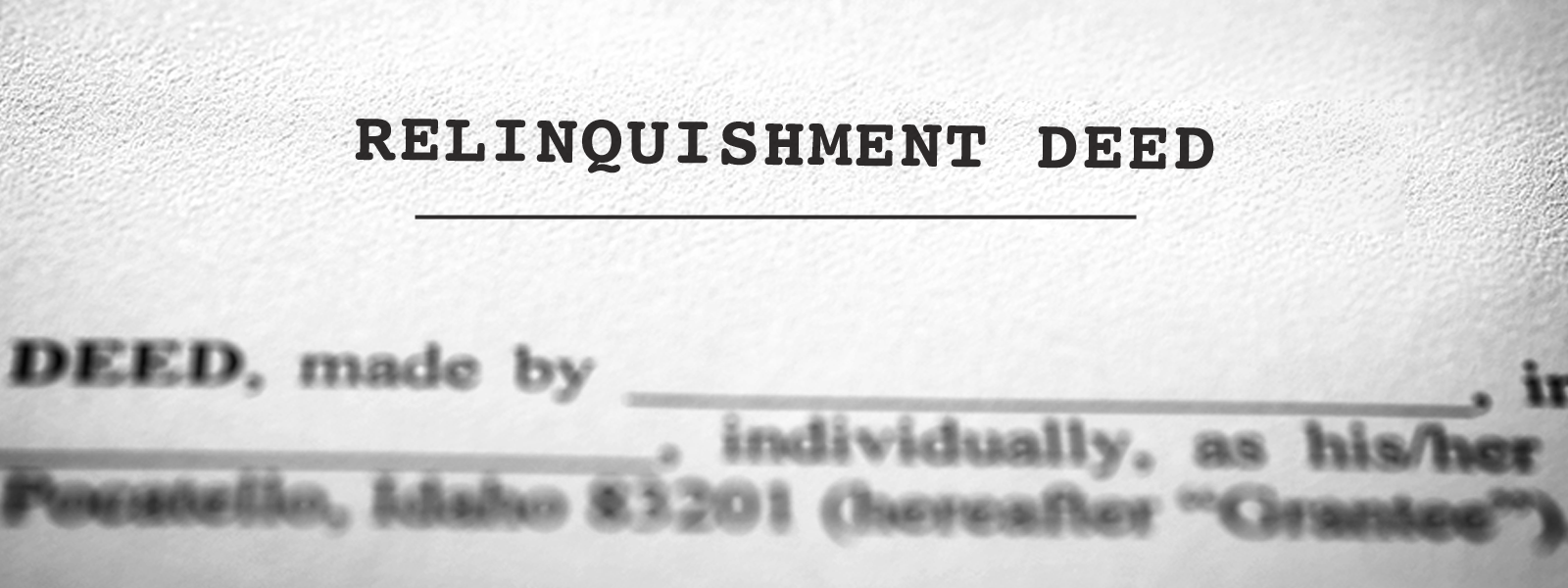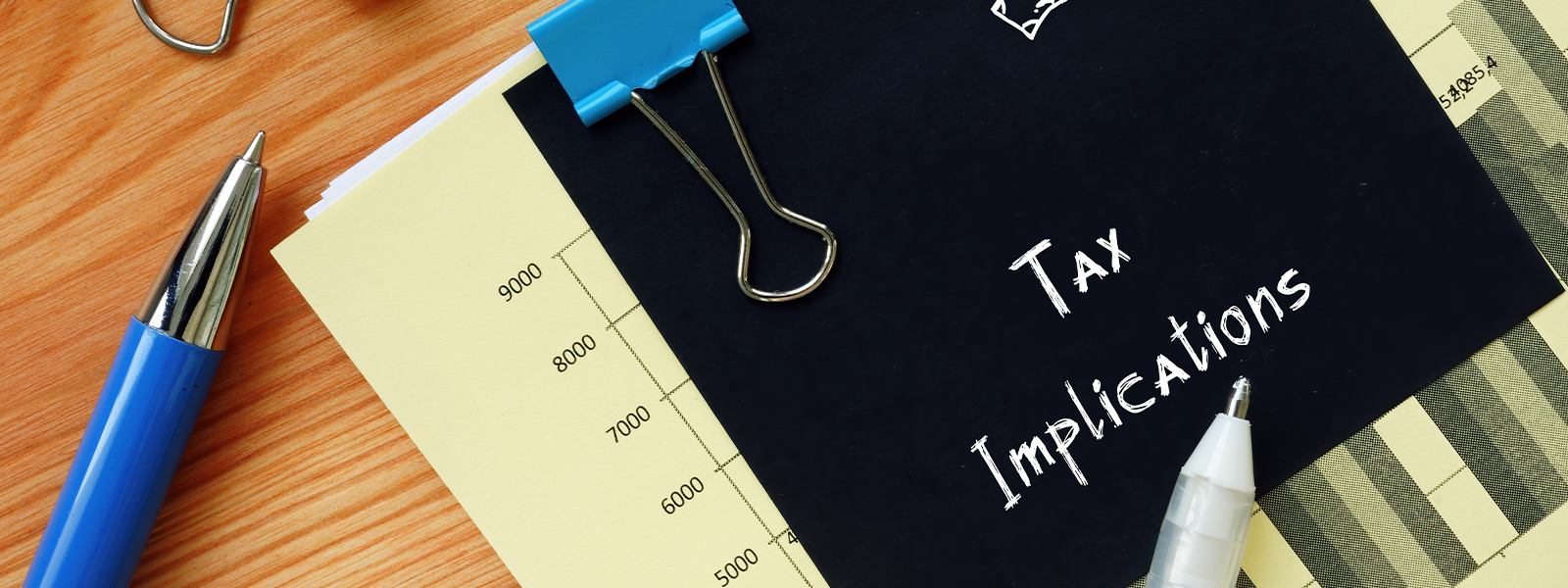Benefits of Eco-Friendly Homes in India
July 09, 2024 in Property Guide

Introduction
As the world grapples with environmental challenges, it is becoming increasingly important to consider the environmental impact of every action we take. This is especially true of homes, where the concept of eco-friendly homes is gaining momentum to address the environmental concerns that go with building construction.
Eco-friendly homes are designed with sustainability in mind, using materials and technologies that reduce environmental impact. The advantages of green buildings extend beyond environmental benefits, offering improved indoor environment quality and cost savings. This article delves into the numerous benefits of eco-friendly homes, particularly in the context of India.
I. Environmental Benefits of Eco-Friendly Homes
1. Reduced Carbon Footprint
Eco-friendly homes significantly reduce carbon emissions through various means:
- Energy Efficiency:Utilising energy-efficient appliances, lighting, and HVAC systems lowers energy consumption.
- Renewable Energy:Incorporating solar panels and wind turbines to generate clean energy reduces reliance on fossil fuels.
- Sustainable Materials:Using recycled and sustainable building materials minimizes the carbon footprint during construction.
In India, eco-friendly homes can play a crucial role in reducing the country’s overall carbon emissions, contributing to global climate goals.
2. Conservation of Natural Resources:
Eco-friendly homes are designed to conserve natural resources:
- Water Efficiency: Low-flow faucets, rainwater harvesting systems, and greywater recycling help conserve water.
- Efficient Land Use: Green buildings often incorporate vertical gardens and rooftop greenery to make optimal use of land.
For example, many eco-friendly homes in India incorporate rainwater harvesting to address water scarcity issues.
3. Waste Reduction
Sustainable building practices focus on reducing waste:
- Construction Waste Management: Using prefabricated components and efficient construction methods minimizes waste.
- Recycling: Incorporating recycling systems within homes to manage waste effectively.
Green buildings contribute to a circular economy, where materials are reused and recycled, reducing landfill waste.
II. Health and Well-Being Benefits of Eco-Friendly Homes
1. Quality of Life
Eco-friendly homes are designed to improve indoor environment quality and this has a direct impact on residents’ health:
- Air Quality: Use of non-toxic, low-VOC (volatile organic compounds) materials ensures better indoor air quality.
- Natural Ventilation: Proper ventilation systems and the use of natural ventilation reduce indoor air pollutants.
- Thermal Comfort: Insulation and energy-efficient windows help maintain comfortable indoor temperatures.
Enhancing indoor environment quality is a key benefit of eco-friendly homes, promoting healthier living conditions.
2. Increased Natural Light
Eco-friendly homes maximize the use of natural light, reducing the need for artificial lighting:
- Daylighting: Strategic placement of windows, skylights, and light tubes to maximize natural light.
- Energy Savings: Reducing reliance on artificial lighting lowers energy bills and enhances the indoor ambience.
Homes designed with ample natural light can improve the mood, productivity, and overall well-being of the residents.
3. Connection to Nature
Eco-friendly homes often include features that connect residents with nature:
- Green Spaces: Incorporating gardens, green roofs, and indoor plants brings nature closer.
- Biophilic Design: Design principles that integrate natural elements to create a calming and aesthetically pleasing environment.
Such features can reduce stress and enhance mental health, making eco-friendly homes ideal for holistic living.
=> Read Also:- List of RERA Registered Projects in Pune
III. Economic Benefits of Eco-Friendly Homes
1. Long-term Cost Savings
Although eco-friendly homes may have a higher initial cost, they offer substantial long-term savings:
- Energy Bills: Reduced energy consumption translates into lower utility bills.
- Maintenance Costs: Durable, high-quality materials used in green buildings often require less maintenance.
The long-term economic benefits make eco-friendly homes a smart investment for future savings.
2. Higher Property Value
Eco-friendly homes have higher property values due to their sustainability features:
- Market Demand: Growing awareness and demand for sustainable living increase the resale value of green buildings.
- Investment Appeal: Eco-friendly homes attract environmentally conscious buyers and investors.
Investing in eco-friendly homes in India can provide financial benefits through increased property value.
3. Government Incentives
Many governments offer incentives for building and owning eco-friendly homes:
- Tax Benefits: Tax deductions and rebates for energy-efficient upgrades and renewable energy installations.
- Subsidies: Financial support for incorporating green technologies and sustainable building practices.
These incentives help to offset the initial costs and encourage more people to adopt sustainable living practices.
IV. Social and Community Benefits of Eco-Friendly Homes
1. Community Well-being
Eco-friendly homes contribute to the overall well-being of communities:
- Healthy Living Spaces: Improved indoor air quality and access to green spaces enhance community health.
- Sustainable Neighborhoods: Clusters of eco-friendly homes can create sustainable communities that share resources and practices.
Promoting eco-friendly homes within communities can lead to broader societal benefits, fostering a culture of sustainability.
2. Education and Awareness
Living in eco-friendly homes can increase awareness and education about sustainability:
- Demonstration Projects: Green buildings can inspire others by serving as models for sustainable living.
- Community Programs: Homeowners can participate in or initiate community programs focused on sustainability.
Education and awareness are critical for driving the adoption of eco-friendly practices at a larger scale.
3. Social Responsibility
Choosing eco-friendly homes reflects a commitment to social responsibility:
- Environmental Stewardship: Reducing environmental impact and promoting sustainable practices demonstrate a commitment to protecting the planet.
- Future Generations: Ensuring a healthier environment for future generations by adopting sustainable living practices.
By opting for eco-friendly homes, individuals can contribute positively to society and the environment.
V. Technological Innovations in Eco-Friendly Homes
1. Smart Home Technologies
Eco-friendly homes often incorporate smart technologies that enhance sustainability:
- Energy Management Systems: Smart thermostats, lighting, and appliances that optimise energy use.
- Home Automation: Automated systems for managing water, lighting, and security, improving efficiency and convenience.
Integrating smart home technologies can significantly enhance the sustainability and functionality of eco-friendly homes.
2. Renewable Energy Solutions
Adopting renewable energy solutions is a cornerstone of eco-friendly homes:
- Solar Panels: Harnessing solar energy to power homes, reducing reliance on non-renewable sources.
- Wind Turbines: Small-scale wind turbines for generating renewable energy.
These innovations not only reduce energy costs, but also contribute to a cleaner environment.
3. Sustainable Building Materials
Using sustainable building materials is essential for eco-friendly homes:
- Recycled Materials: Incorporating materials like reclaimed wood, recycled steel, and recycled glass.
- Biodegradable Materials: Using materials that decompose naturally, reducing environmental impact.
Advancements in sustainable materials technology continue to improve the environmental performance of green buildings.
=> Read Also:- List of RERA Registered Projects in Mumbai
VI. The Future of Eco-Friendly Homes in India
1. Growing Demand and Market Trends
The demand for eco-friendly homes in India is on the rise, driven by:
- Environmental Awareness: Increasing awareness about environmental issues and sustainable living.
- Government Policies: Supportive policies and incentives for green building practices.
As more people recognise the benefits, the market for eco-friendly homes is expected to grow significantly.
2. Innovations and Advancements
Continued innovations in sustainable technologies will shape the future of eco-friendly homes:
- Energy-efficient Designs: Ongoing improvements in energy-efficient building designs and materials.
- Advanced Smart Technologies: Integration of advanced smart home technologies for better energy management.
These advancements will make eco-friendly homes more accessible and efficient.
3. Role of Developers and Builders
Real estate developers and builders play an important role in promoting eco-friendly homes:
- Sustainable Practices: Adopting sustainable construction practices and promoting green building certifications.
- Consumer Education: Educating buyers about the benefits and features of eco-friendly homes.
VII. Future Trends in Eco-Friendly Homes
Some emerging technologies and sustainable Innovations that will be part of future eco-friendly homes will include:
1. Smart Energy Management
- Advanced energy management systems using artificial intelligence optimise energy use and integrate renewable sources effectively.
2. Net-Zero and Positive Energy Homes
- Homes utilising high-efficiency solar panels and energy storage systems produce as much or more energy than they consume.
3. Biophilic Design
- Incorporating nature into home designs with living walls, indoor gardens, and ample natural light to enhance well-being.
4. Sustainable Building Materials
- Innovative materials like hempcrete and bamboo reduce environmental impact and improve building efficiency.
5. Water Conservation Technologies
- Advanced systems for water recycling and smart irrigation reduce consumption and address water scarcity.
Leading developers like Adani Realty are setting examples by offering ready-to-move property in Gurugram and other cities that incorporate green building principles.
Conclusion
The benefits of eco-friendly homes are manifold, encompassing environmental, health, economic, and social advantages. As awareness about sustainable living grows, the demand for eco-friendly homes in India is set to increase. Embracing these homes not only contributes to a healthier planet but also enhances the quality of life for residents.
For those looking to invest in sustainable living, Adani Realty offers a range of eco-friendly options, including 2 BHK flats for sale in Gurugram and other prime locations. These homes are designed to meet the highest standards of sustainability, ensuring a better future for all.
Explore eco-friendly properties for sale in Mumbai, Pune, Gurgaon or Ahmedabad with Adani Realty and take a step towards sustainable living.
Looking for dream spaces, not sure where to start?
Leave us a query and our representative will get back to you.
Disclaimer
The Adani Realty expressly disclaims all liability in respect to actions taken or not taken based on any or all the contents of this Blog. The content of this blog is collation of data from various sources and is provided only for information purpose only and Adani Realty does not canvass the particulars, information, brand or any other materials mentioned in the blogs nor does it obtain any monetary benefit from the same.The Adani Realty shall in no circumstance be held liable for any expense, loss or damage including, without limitation, direct, indirect or consequential loss or damage, or any other expense, loss or damage whatsoever arising from the use of data, information, interpretation, judgement or opinion arising out of or in connection with the use of this Blog. Reader is advised to read and apply his/ her intellect and discretion in this regards.

